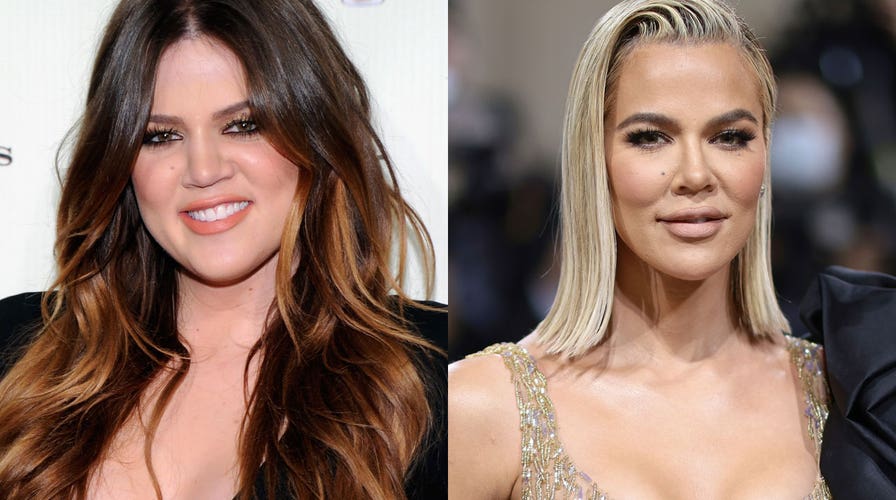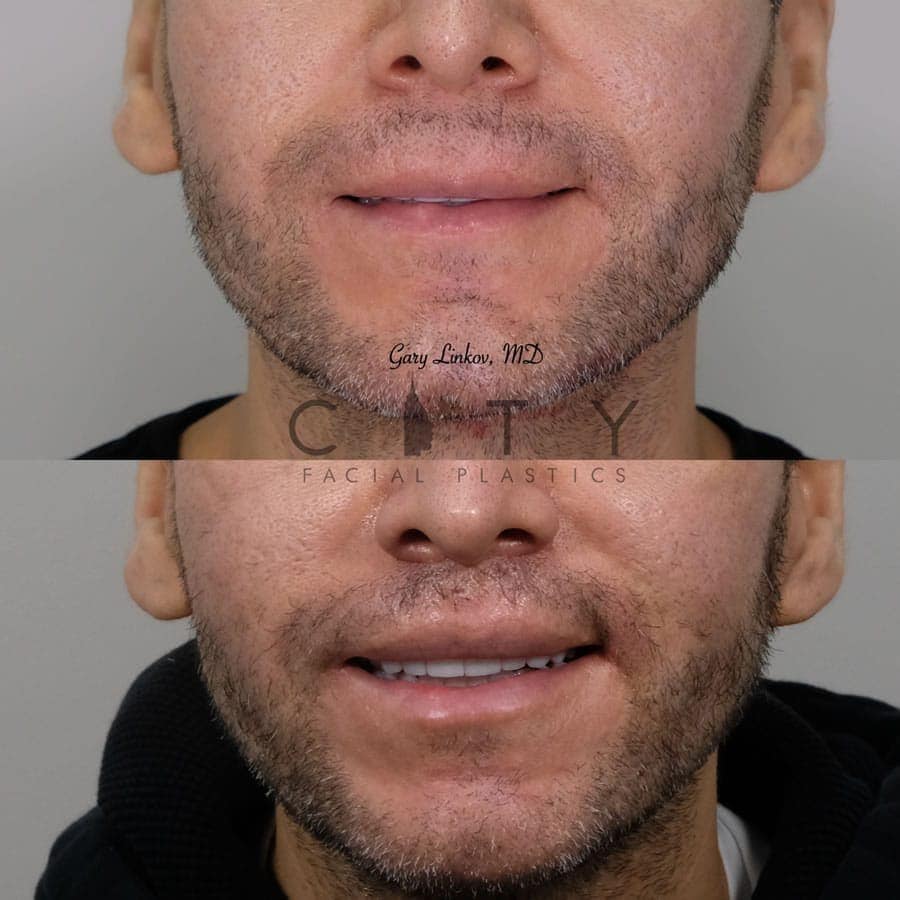Mommy Makeover Rancho Cucamonga: Restore Your Younger Number with Professional Treatments
Examining the Psychological and Social Factors That Drive People to Take Into Consideration Aesthetic Surgical Treatment as a Way of Enhancement
The decision to seek plastic surgery frequently extends beyond mere looks, linking with social and psychological dynamics that merit complete exam. Factors such as self-worth, pervasive societal appeal requirements, and the prevalent impact of social media merge to form specific inspirations for medical enhancement. As these impacts become increasingly noticeable, comprehending the underlying cultural and psychological contexts is crucial. What continues to be to be discovered is the profound influence these variables have not just on personal identification however additionally on wider social norms and worths surrounding appeal and approval.
The Duty of Self-Esteem
Self-confidence considerably affects an individual's choice to go after cosmetic surgery. People with reduced self-confidence typically view themselves in a negative light, leading to feelings of inadequacy regarding their physical look. This negative self-perception can drive them to look for surgical treatments as a technique of improving their self-image. The desire for renovation in one's look is frequently linked to an idea that such adjustments will elevate their total self-respect and self-confidence.
:max_bytes(150000):strip_icc()/GettyImages-155388326-5b5dfd5f46e0fb00824b134a.jpg)
Eventually, the duty of self-esteem in the decision-making process regarding plastic surgery highlights the intricate interaction in between body image, personal satisfaction, and psychological health. Comprehending this relationship is essential for healthcare specialists to make sure that clients are making informed choices rooted in sensible assumptions and emotional well-being.
Social Appeal Standards
Influenced by prevalent media portrayals and cultural stories, social appeal requirements play a critical function in shaping individuals' assumptions of their very own bodies. These standards are usually defined by an idealized kind of appeal that emphasizes qualities such as symmetry, youthful vigor, and slimness. As these ideals are perpetuated through various networks, consisting of advertising, film, and tv, individuals frequently internalize these messages, causing dissatisfaction with their all-natural appearance.
The implications of these social norms extend beyond aesthetic choices; they can influence self-confidence, psychological health and wellness, and interpersonal relationships. People that regard themselves as dropping short of these requirements might experience feelings of inadequacy, triggering a wish for plastic surgery as a means of attaining social approval. This search is often fueled by the belief that adapting these ideals will enhance not only physical look but likewise social standing and personal satisfaction.

Impact of Social Media Site
The influence of social elegance criteria is more intensified by the increase of social media sites platforms, where curated photos and idyllic representations of charm are common. Users are regularly subjected to filteringed system and modified pictures, which typically show unattainable physical qualities. This direct exposure grows a society of contrast, leading individuals to assess their own look versus these usually unrealistic standards.
Social media site influencers and celebrities frequently promote aesthetic treatments, normalizing the concept that surgical improvements are a practical means for accomplishing social ideals (plastic surgery rancho cucamonga). The exposure of these improvements can create a perception that going through plastic surgery is a common method, thus influencing individuals to think about comparable interventions as a pathway to improved self-confidence and social approval
In addition, the hop over to these guys interactive nature of social media sites enables prompt feedback through likes and remarks, even more strengthening the need to adapt popular beauty standards. Such communications can intensify feelings of inadequacy and drive individuals toward cosmetic surgical procedure as a method of gaining validation. Ultimately, social media plays an essential duty in forming perceptions of elegance, which dramatically influences the decision-making procedures bordering plastic surgery.

Social Point Of Views on Appearance
Across various cultures, perceptions of appearance are deeply rooted in historic, social, and financial contexts, shaping individuals' sights on charm and value. In several cultures, appearance acts as a substantial marker of identification, influencing social status, professional opportunities, and individual partnerships. For instance, in some cultures, light skin is usually connected with riches and privilege, while others may idealize darker skin tones as icons of strength and credibility.
In addition, standard appeal standards are typically bolstered with social narratives, media depictions, and household influences, causing varying suitables across various areas (plastic surgery rancho cucamonga). In Western cultures, the emphasis on youth and physical health and fitness usually drives individuals toward cosmetic enhancement, while in specific Eastern societies, even more subtle changes aligned with conventional appearances might be favored
Globalization and the expansion of digital media have better complicated these characteristics, creating a hybridization of beauty ideals that transcends geographical borders. As people increasingly browse these social stories, the stress to adapt details appearance standards can result in the need for plastic surgery, reflecting a complex interplay of personal goals and social values. Recognizing these social viewpoints is crucial in addressing the motivations behind plastic surgery considerations.
Mental Impacts of Aesthetic Surgical Treatment
Several people look at here looking for cosmetic surgical treatment report experiencing profound psychological effects that can considerably modify their self-perception and emotional wellness - plastic surgery rancho cucamonga. The wish for physical improvement commonly stems from underlying concerns such as reduced self-confidence, body dysmorphic condition, home or social stress relating to beauty standards. For some, the immediate post-operative stage can bring about a short-lived boost in self-confidence and contentment with their look, fostering a sense of empowerment
However, these positive feelings may not be enduring. Research study suggests that while some clients experience boosted self-worth, others may face elevated anxiety or anxiety if their expectations are not fulfilled. This inconsistency can arise from impractical suitables perpetuated by media representation and social narratives bordering charm.
Furthermore, the psychological implications of cosmetic surgical treatment prolong past the person. Relationships with family and pals may be strained as social dynamics shift, leading to sensations of isolation or alienation. Ultimately, the psychological influences of cosmetic surgical procedure are intricate and complex, requiring mindful factor to consider by both potential patients and doctor to guarantee informed decision-making and sensible expectations.
Conclusion
To conclude, the choice to go after cosmetic surgical procedure is substantially affected by a mix of self-worth issues, social beauty standards, and social viewpoints on appearance. The prevalent reach of social networks better aggravates these stress, advertising impractical ideals that individuals commonly strive to achieve. Recognizing these psychological and social elements is important for attending to the motivations behind plastic surgery, highlighting the requirement for an extra nuanced conversation bordering beauty and self-acceptance in contemporary culture.
The decision to go after cosmetic surgical treatment frequently expands past mere looks, linking with psychological and social dynamics that warrant detailed assessment. Ultimately, social media plays a crucial duty in shaping perceptions of elegance, which significantly influences the decision-making processes surrounding cosmetic surgical procedure.
As people significantly browse these cultural narratives, the stress to adhere to details look requirements can lead to the need for cosmetic surgery, mirroring an intricate interaction of social values and individual ambitions.In conclusion, the decision to seek cosmetic surgical treatment is considerably affected by a mix of self-worth issues, social elegance standards, and social perspectives on appearance. Recognizing these social and psychological factors is crucial for addressing the inspirations behind cosmetic surgical procedure, highlighting the need for a more nuanced discussion surrounding beauty and self-acceptance in contemporary society.